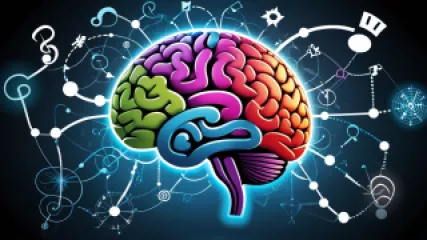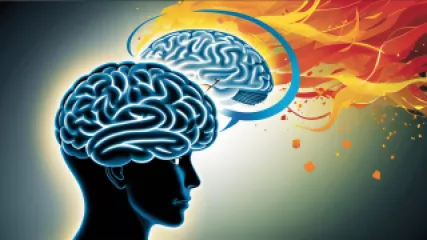The Impact of Quality Sleep on Mental Health
1 year ago
Sleep Importance
Unveiling the Layers of Self-Deception: An Insightful Interview on Cognitive Dissonance
1 year ago
Understanding Self Deception
Exploring Different Intelligence Theories: Top 5 and Bottom 5
1 year ago
Intelligence Theories
Debunking Myths About Cognitive Restructuring Techniques
1 year ago
Cognitive Restructuring Techniques
Insights from a Sports Psychologist: Psychological Skills Training in Sports
1 year ago
Psychology Of Sport
My Journey to Reading Body Language Cues
1 year ago
Body Language Basics
Effective Anxiety Relief Exercises: A Research Summary
1 year ago
Anxiety Relief Exercises
Overcoming Depression: My Journey to Finding Peace Through Counseling
1 year ago
Emotional Health
Top 10 Procrastination Therapy Sessions to Overcome Delay
1 year ago
Procrastination Overcome
The Evolution of Cognitive Therapy in Internet-Based Therapy Sessions
1 year ago
Cognitive Therapy
Learning from Fiction: Insights for Learning Disabilities Specialists
1 year ago
Learning Disabilities
Exploring Existential Questions: A Personal Journey
1 year ago
Existential Questions
Effective Ways to Manage Depression with Virtual Mental Health Coaching
1 year ago
Depression
Insights from a Virtual Addiction Support Group Member
1 year ago
Addiction
Breaking Free from Overeating Habits
1 year ago
Psychology of Eating














